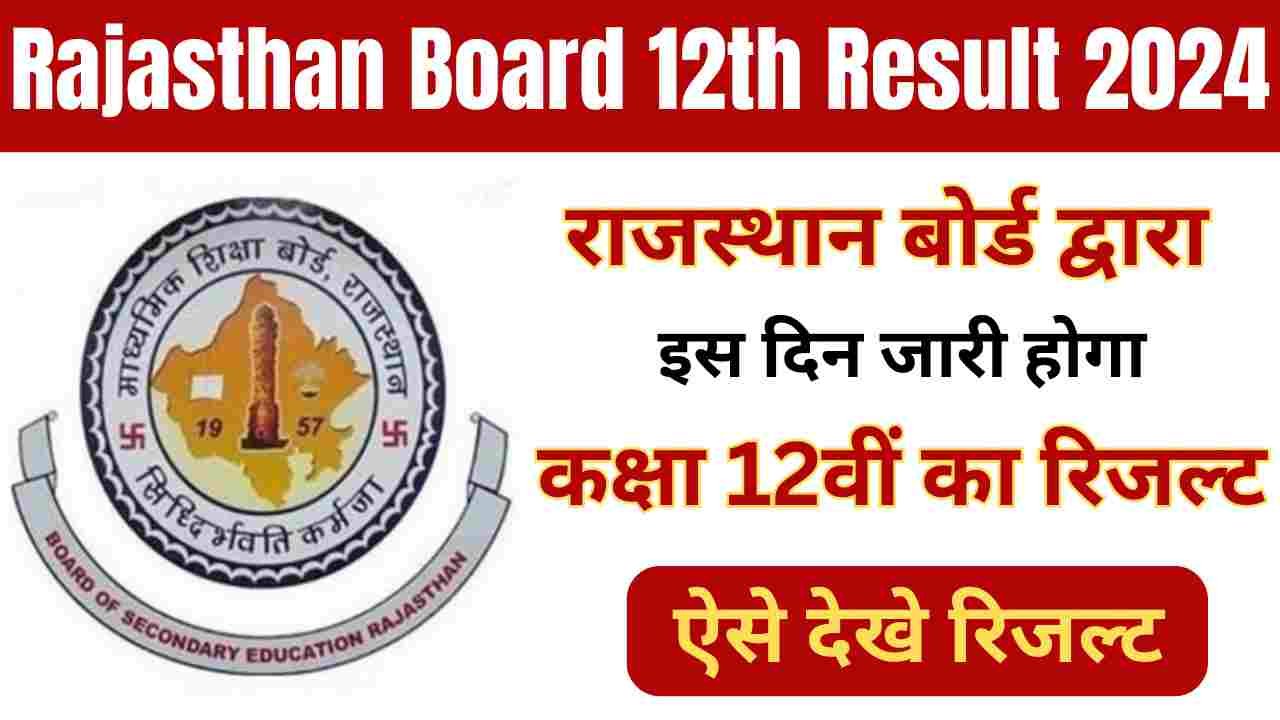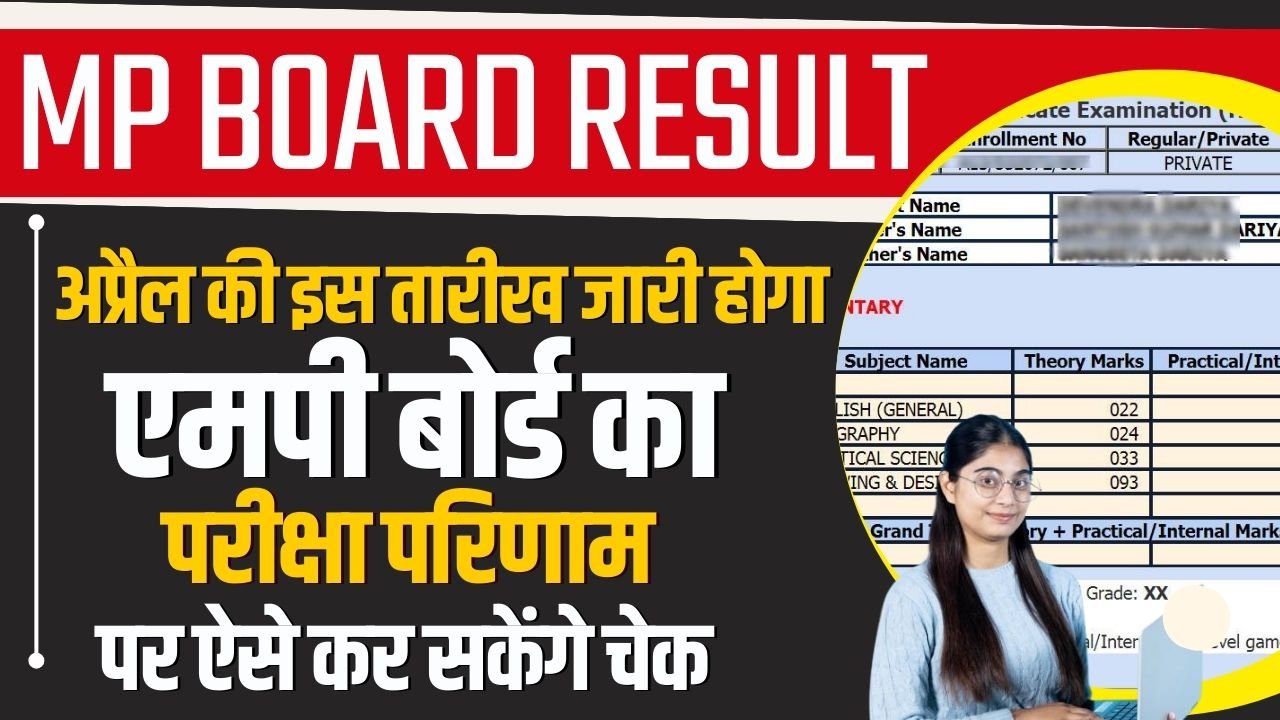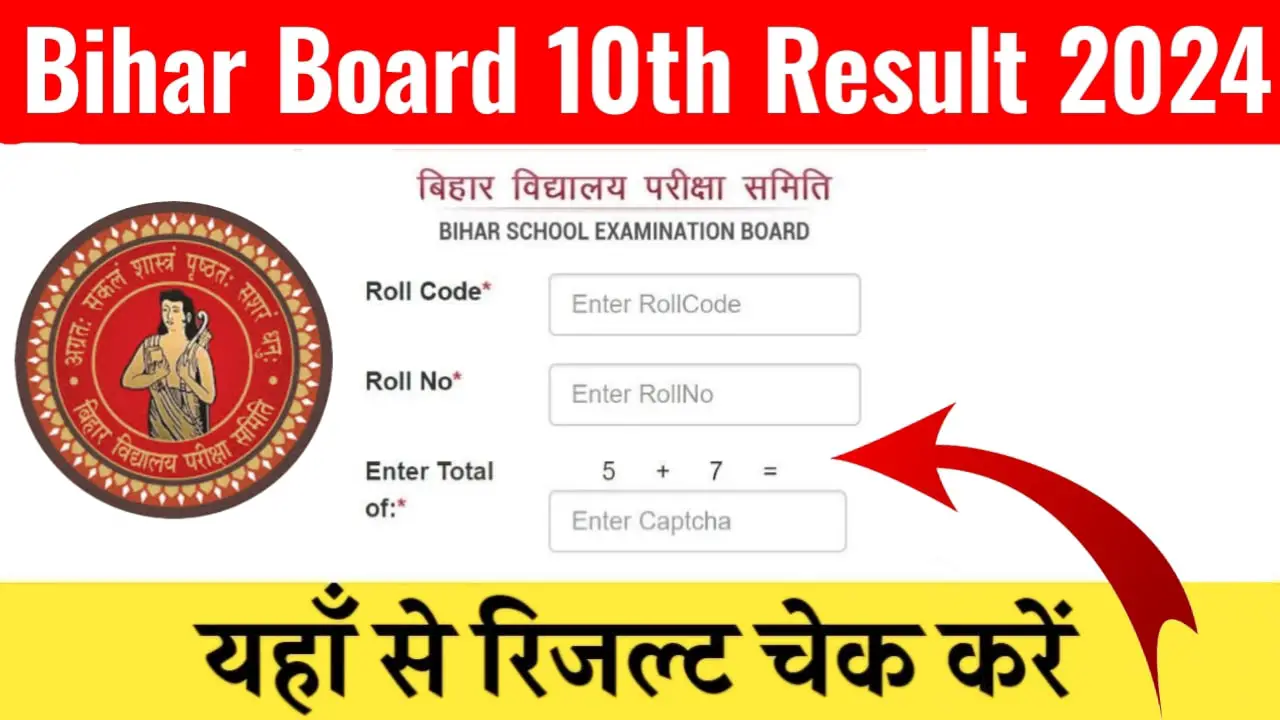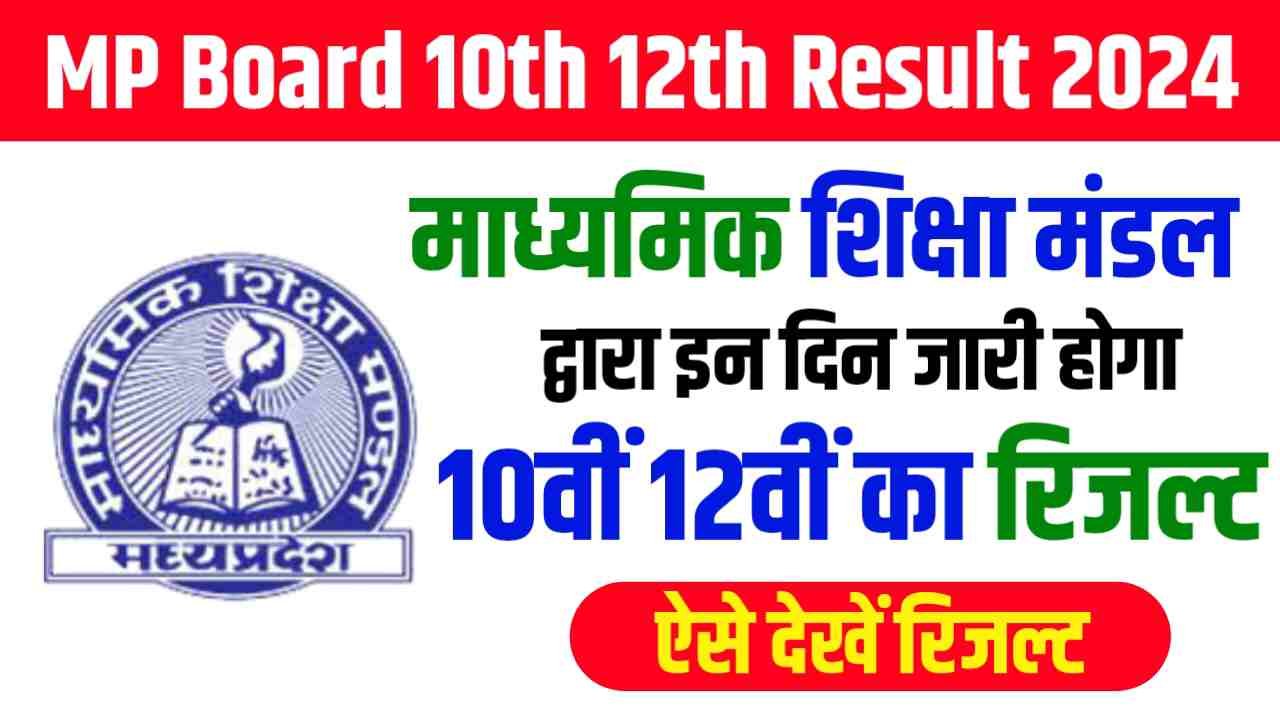Rajasthan Board 10th Result 2024 : राजस्थान बोर्ड कक्षा 10वीं का रिजल्ट होने जा रहा है जारी, यहां देखें पूरी जानकारी
Rajasthan Board 10th Result 2024 : वर्ष 2024 में माध्यमिक शिक्षा बोर्ड राजस्थान अजमेर की तरफ से राजस्थान बोर्ड का दसवीं का रिजल्ट ऑनलाइन मोड़ से जारी किया जाएगा। जो भी छात्र राजस्थान बोर्ड दसवीं के रिजल्ट कब बड़ी ही बेसब्री से इंतजार कर रहे थे। उनके लिए यह एक बहुत ही बड़ी खुशखबरी है। … Read more









